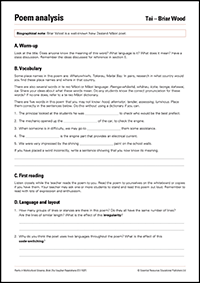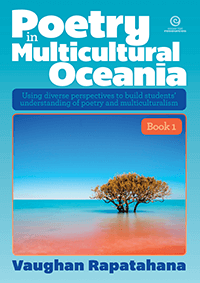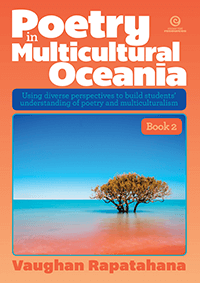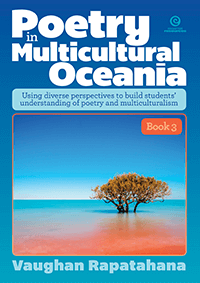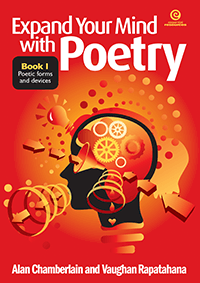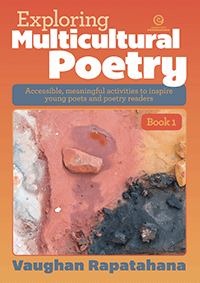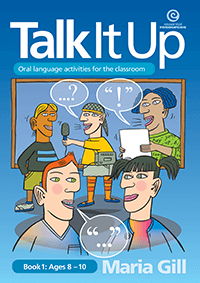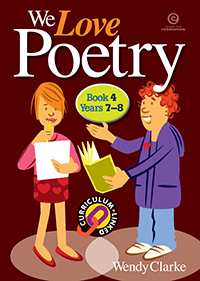
Poetry in Multicultural Oceania - Book 3
Using diverse perspectives to build students' understanding of poetry and multiculturalism
Poetry in Multicultural Oceania – Book 3 continues the journey of exploring poetry, building on the success of Books 1 and 2. This resource is designed to deepen students' understanding and appreciation of poetry while offering them opportunities to create their own poetic works. Targeted primarily at Years 8–10, it also holds great value for older learners, including adults and those learning English as an additional language. Its inclusive approach ensures that everyone, regardless of prior knowledge, can engage with and enjoy poetry.
With a focus on accessibility, this book breaks down the complexities of poetry, making it easy to understand and apply. Whether used in the classroom or for personal development, it inspires creativity and fosters a lifelong love of poetry.
|
NZD incl GST
|
Add to cart | |
| or more | each |
